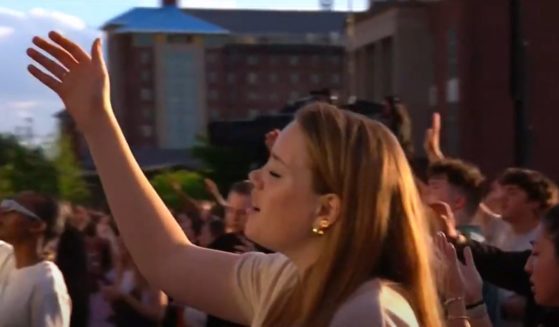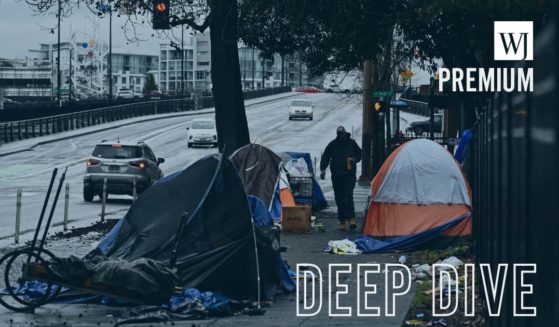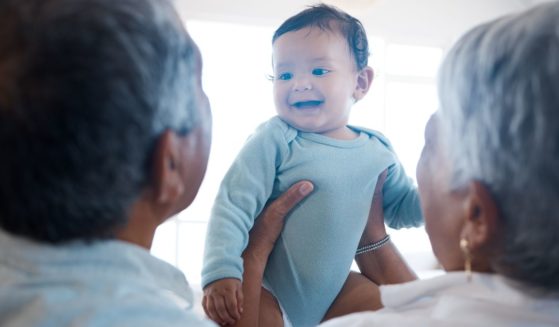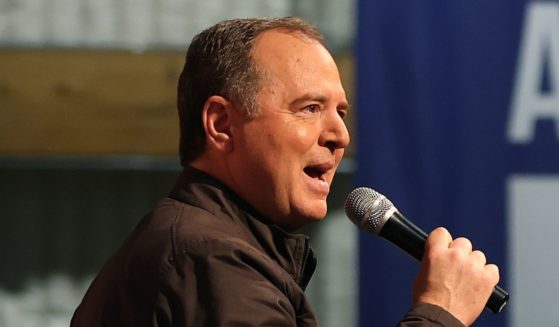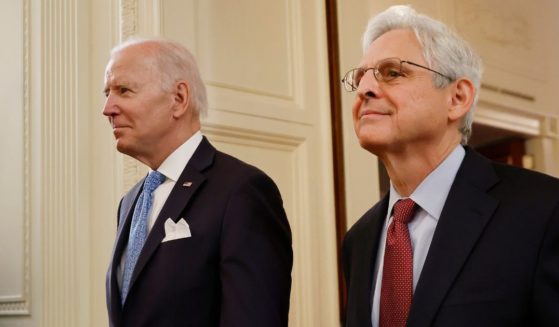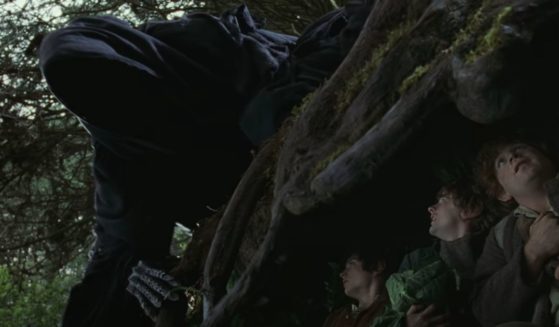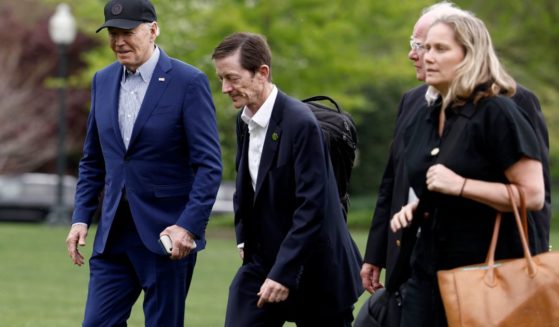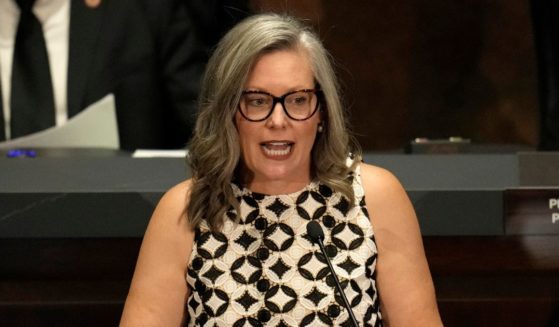Businesswoman leads Guatemalan election, early results show
GUATEMALA CITY (AP) — A former first lady emerged Monday as the top vote-getter in the first round of Guatemala’s presidential election, but she will have to compete in an August runoff that will determine the next leader of this Central American nation where tens of thousands have fled poverty and gang violence this year to seek a new life in the United States.
With votes tallied from 90 percent of polling centers, Sandra Torres had 24% of the vote from Sunday’s election, followed by four-time presidential candidate Alejandro Giammattei with 14%, who held the edge for the second-place finish and the other spot in the runoff. The results were in line with expectations.
Both candidates made speeches early Monday outlining their plans for the government.
Torres promised to reactivate the economy, tackle the country’s security situation, advocate for those at risk and run an efficient government. On the sensitive topic of corruption, she said she supported the recommendation of the country’s top prosecutor to replace the United Nations-backed anti-corruption mission with a prosecutor’s office that would focus on corruption cases and receive support from international experts.
Outgoing President Jimmy Morales, who was limited to a single four-year term, had said he would not renew the highly effective U.N. mission’s mandate after it sought the lifting of his immunity of office so it could investigate allegations against him.
Giammattei spoke of the same goals, but added that on immigration he plans to work closely with Mexico to raise living standards in communities near their shared border, which are the country’s poorest.
Diplomat Edmond Auguste Mulet Lesieur had 12%, and businessman Roberto Arzú and indigenous human rights advocate Thelma Cabrera rounded out the top-five candidates in a 19-person field.
A candidate needed more than 50% of votes to win the first round outright.
Two of the top three candidates had been kept off the ballot, leading some to doubt the election’s legitimacy.
Political analyst Phillip Chicola said that assuming the runoff will be between Torres and Giammattei, “Either one who makes it to the presidency is a sign of the victory for the status quo.”
The next president will take office in January needing to stem growing violence, poverty and outward migration. An estimated 1 percent of Guatemala’s population of some 16 million people has left the country this year.
Guatemalans are also clamoring for a crackdown on corruption: Three of the last four elected presidents have been arrested after their terms of office on charges of corruption.
Torres, 64, is a businesswoman who gained national prominence during the 2008-2012 government of her then-husband, Álvaro Colom, who is among the former leaders to have been accused of corruption. The couple divorced in 2011.
More than 8.1 million citizens were eligible to vote for president, vice president, congressional representatives and mayors. According to the Supreme Electoral Tribunal, 4.9 million cast votes, indicating a turnout of around 60%.
The election marked the first time that Guatemalans could cast ballots from abroad. At least 60,000 were eligible to vote in Los Angeles, Houston, Maryland and New York, all home to large numbers of Guatemalan emigres, but just 701 voted.
The campaign season was marked by a chaotic flurry of court rulings, shenanigans, illegal party-switching and allegations of malfeasance that torpedoed the runs of two of the three front-runners, including former Chief Prosecutor Thelma Aldana.
Aldana gained international renown for leading crusading anti-corruption investigations in tandem with a U.N.-backed anti-graft commission operating in Guatemala, but was booted from the race on the grounds that she lacked a document certifying that she didn’t have any outstanding accounts from her time overseeing a public budget as prosecutor.
Morales, who could not seek re-election, took office in 2016 promising to root out corruption after his predecessor was brought down by a probe led by the U.N.’s International Commission against Impunity in Guatemala, or CICIG. But Morales soon became a target of CICIG himself for alleged campaign finance violations, starting a bitter dispute with the agency in which he terminated its mandate.
A recent poll from CID Gallup Latinoamerica found that nearly a third of Guatemalan adults surveyed believed the election would be plagued by fraud. Twenty percent said the election’s legitimacy would be suspect because so many candidates were kept from running.
Unemployment, violence, corruption, rising costs of living and the shoddy state of the country’s highways are among top concerns for the country’s electorate.
“The general trend (in the election) is a continuation,” said a disappointed María Lara, a 49-year-old university professor.
She added that the overall results would be “to keep on accommodating corruption, cronyism and mediocrity in an exclusionary system that only benefits the higher-ups who participate in the country’s game of power.”
The Western Journal has not reviewed this Associated Press story prior to publication. Therefore, it may contain editorial bias or may in some other way not meet our normal editorial standards. It is provided to our readers as a service from The Western Journal.
Truth and Accuracy
We are committed to truth and accuracy in all of our journalism. Read our editorial standards.

